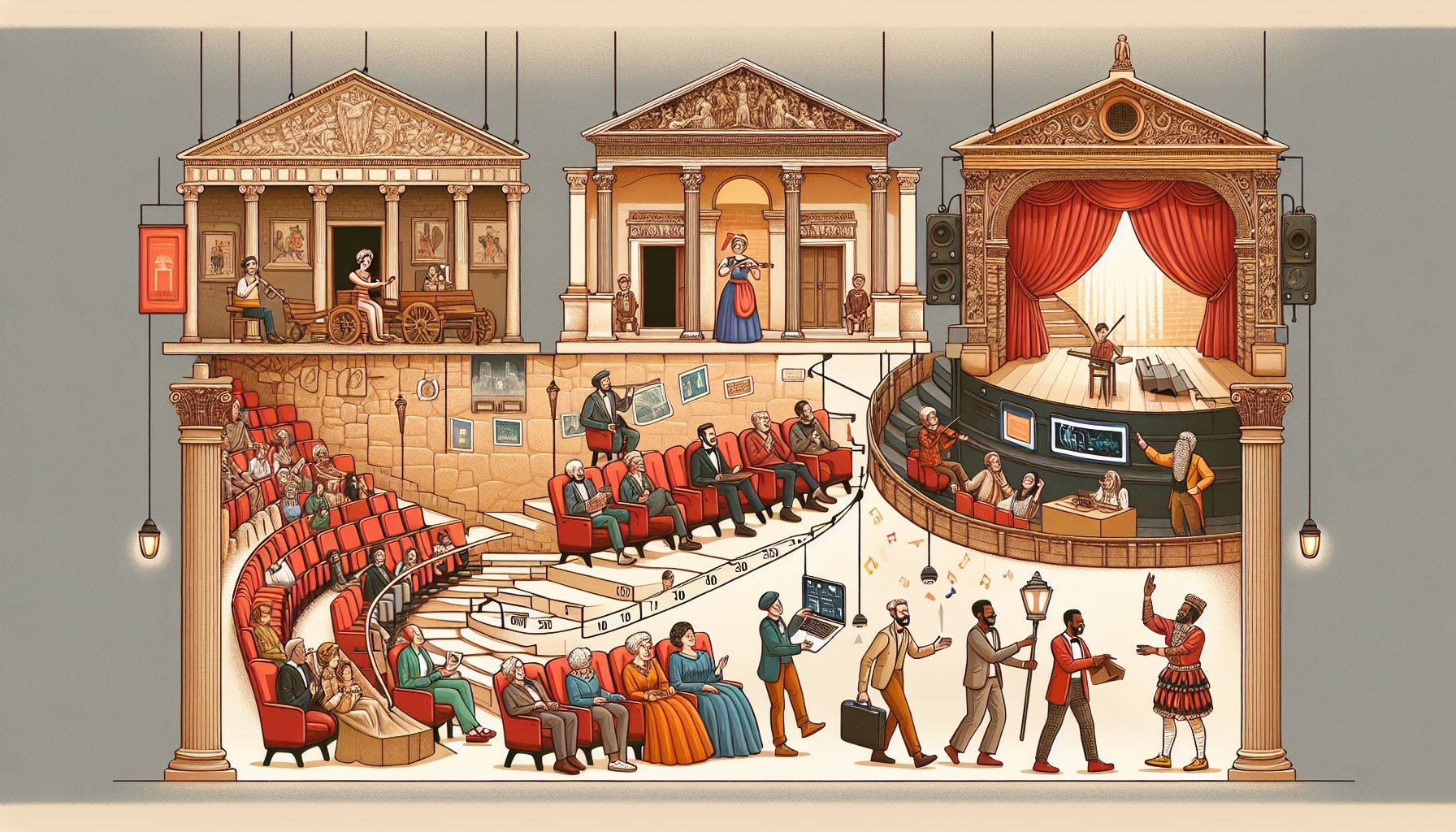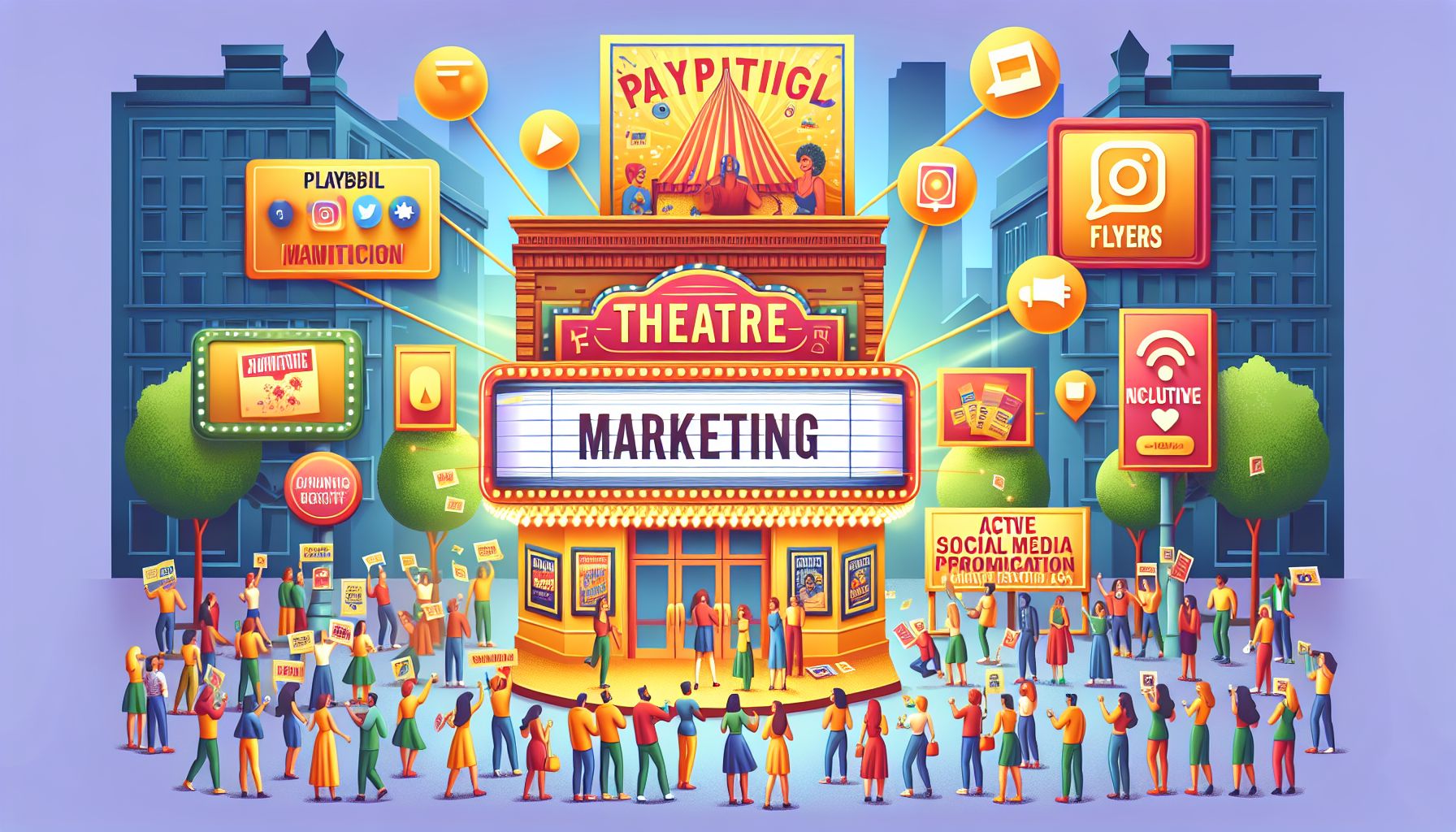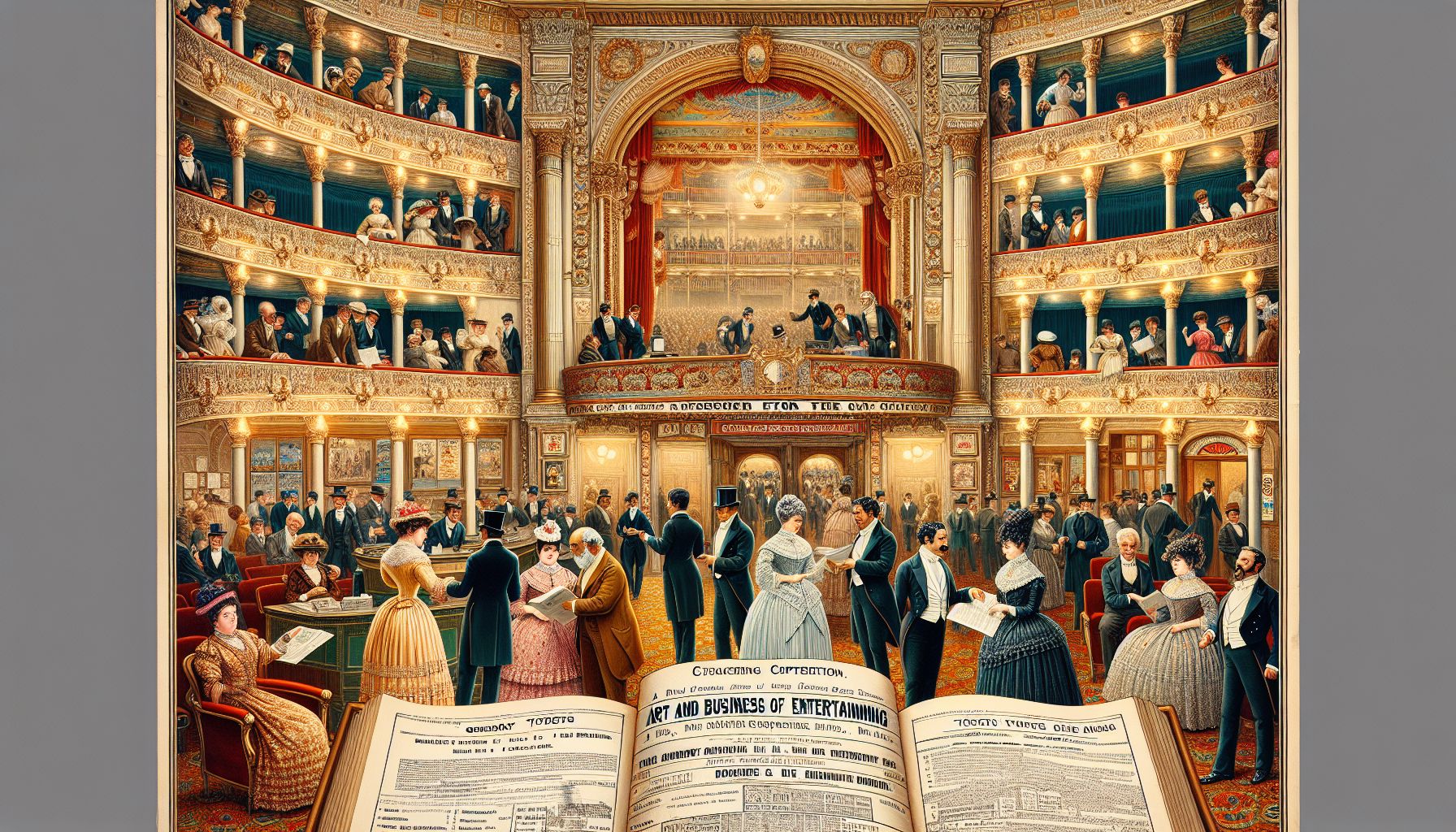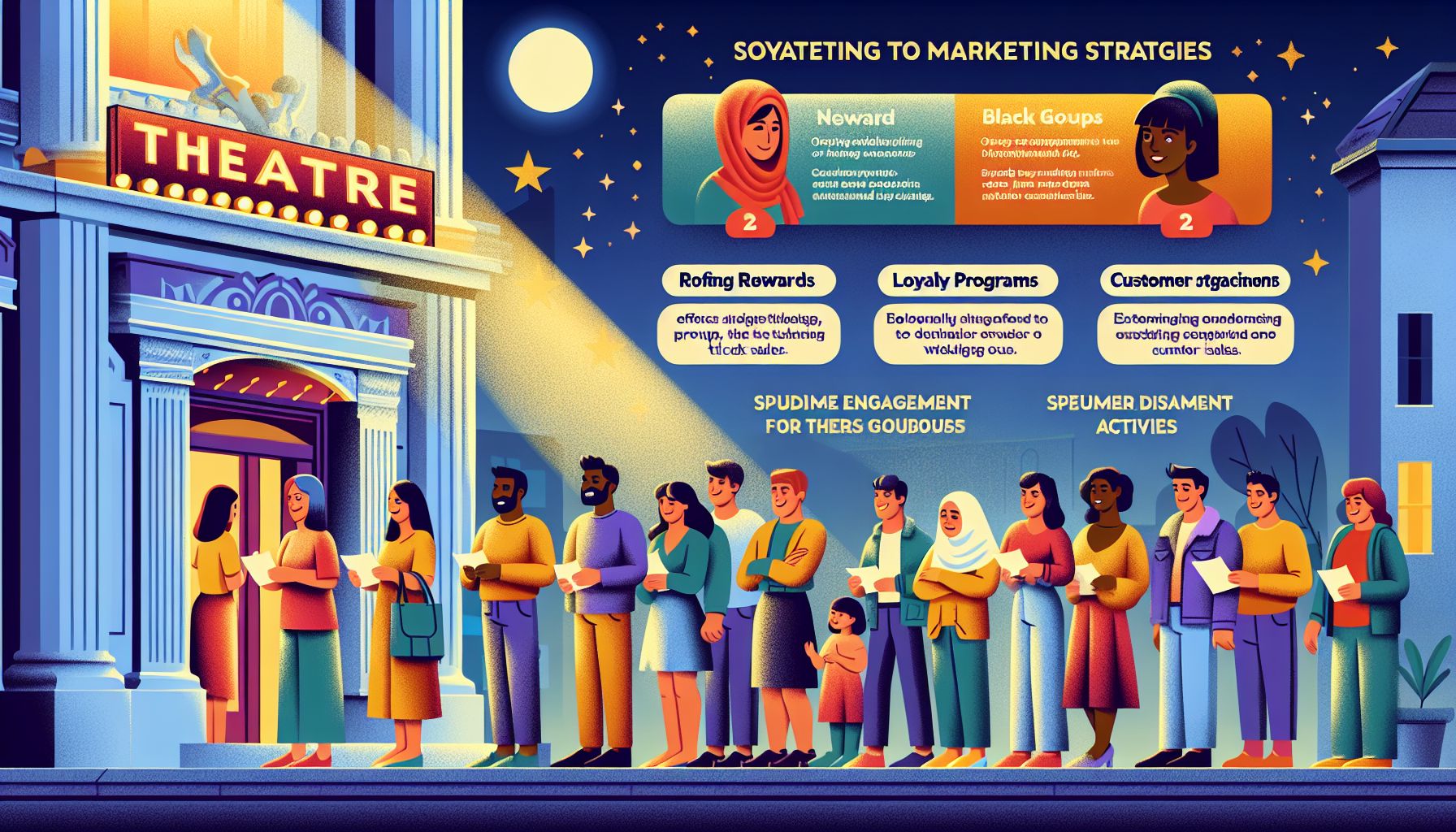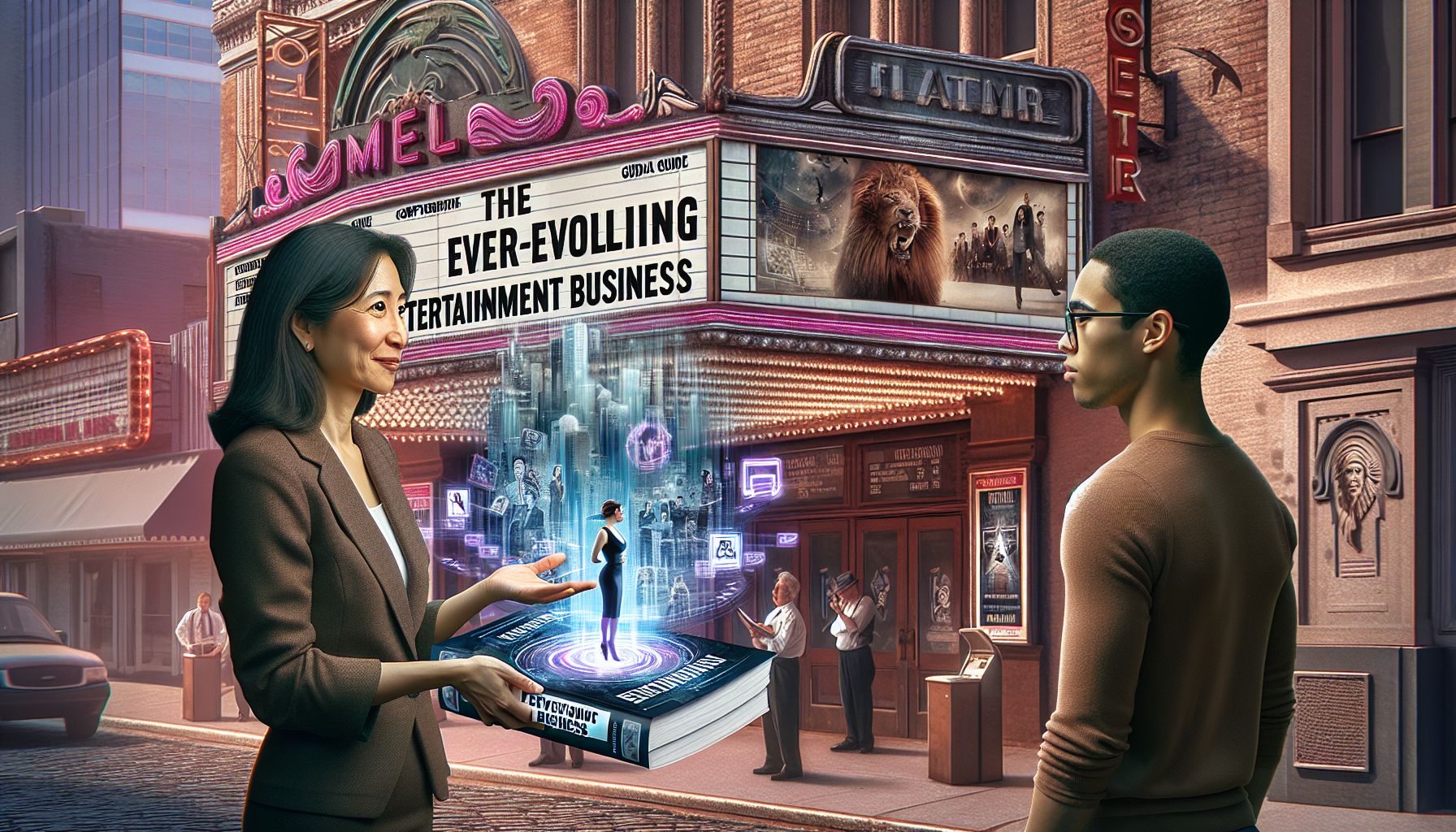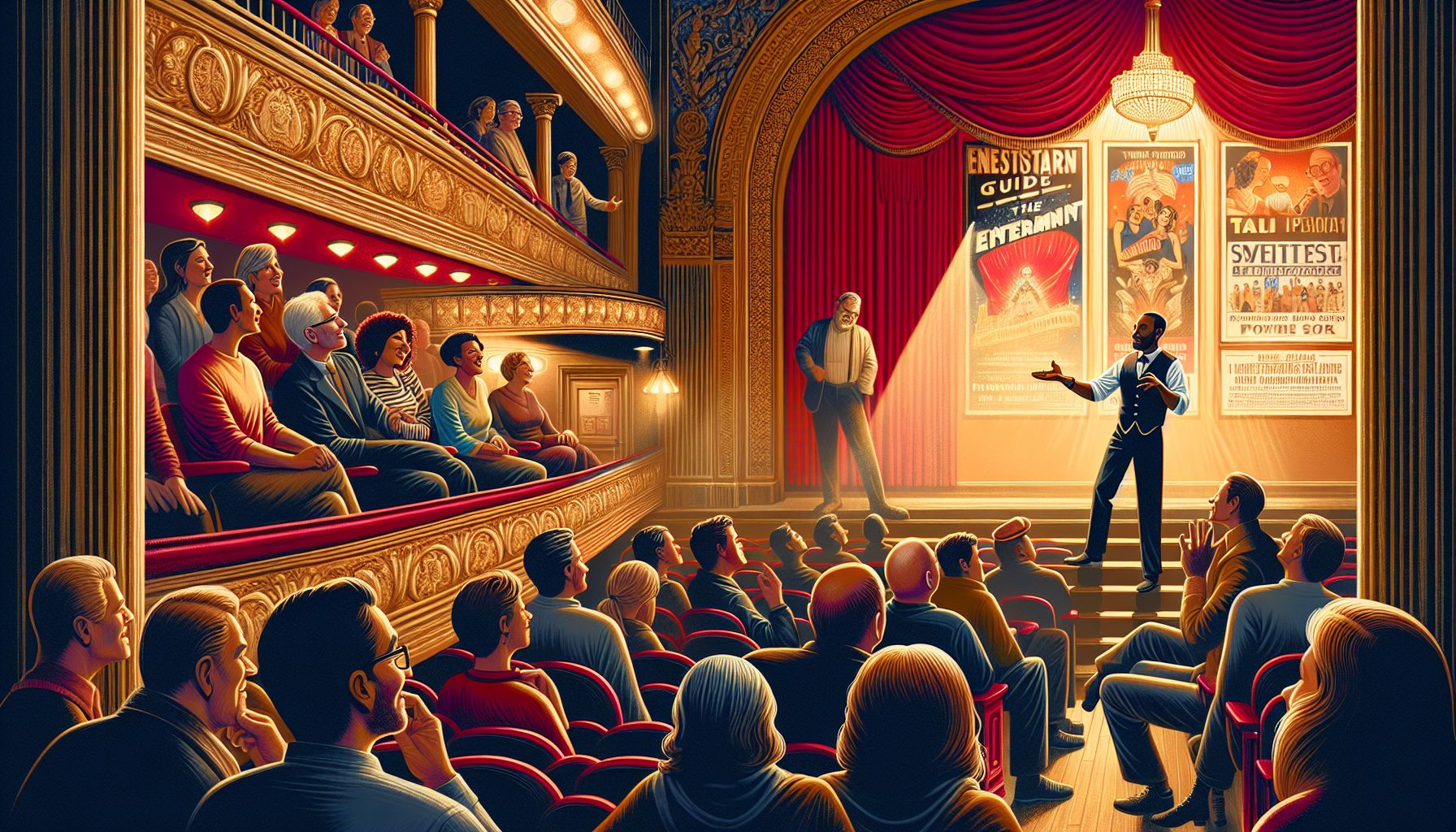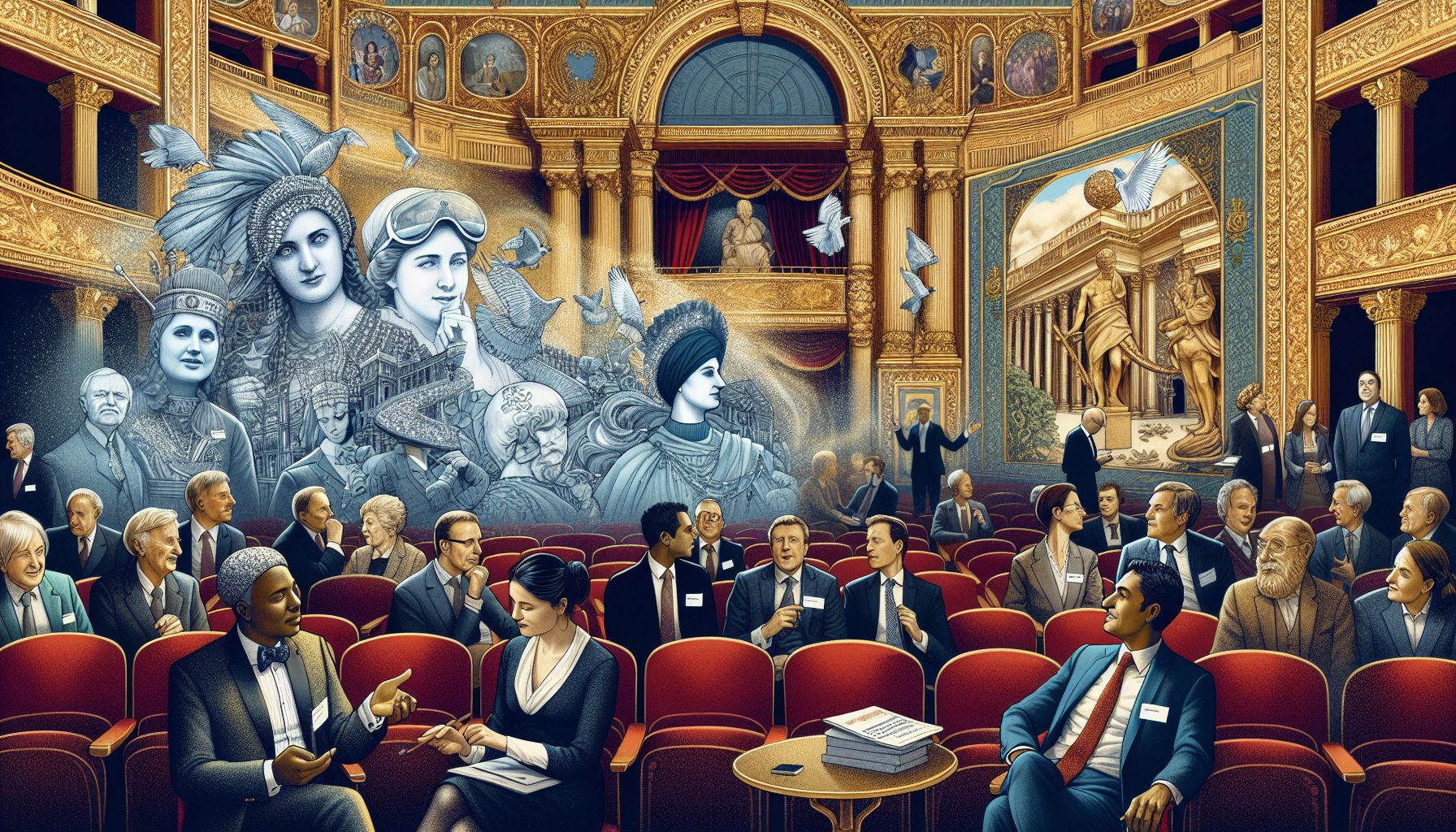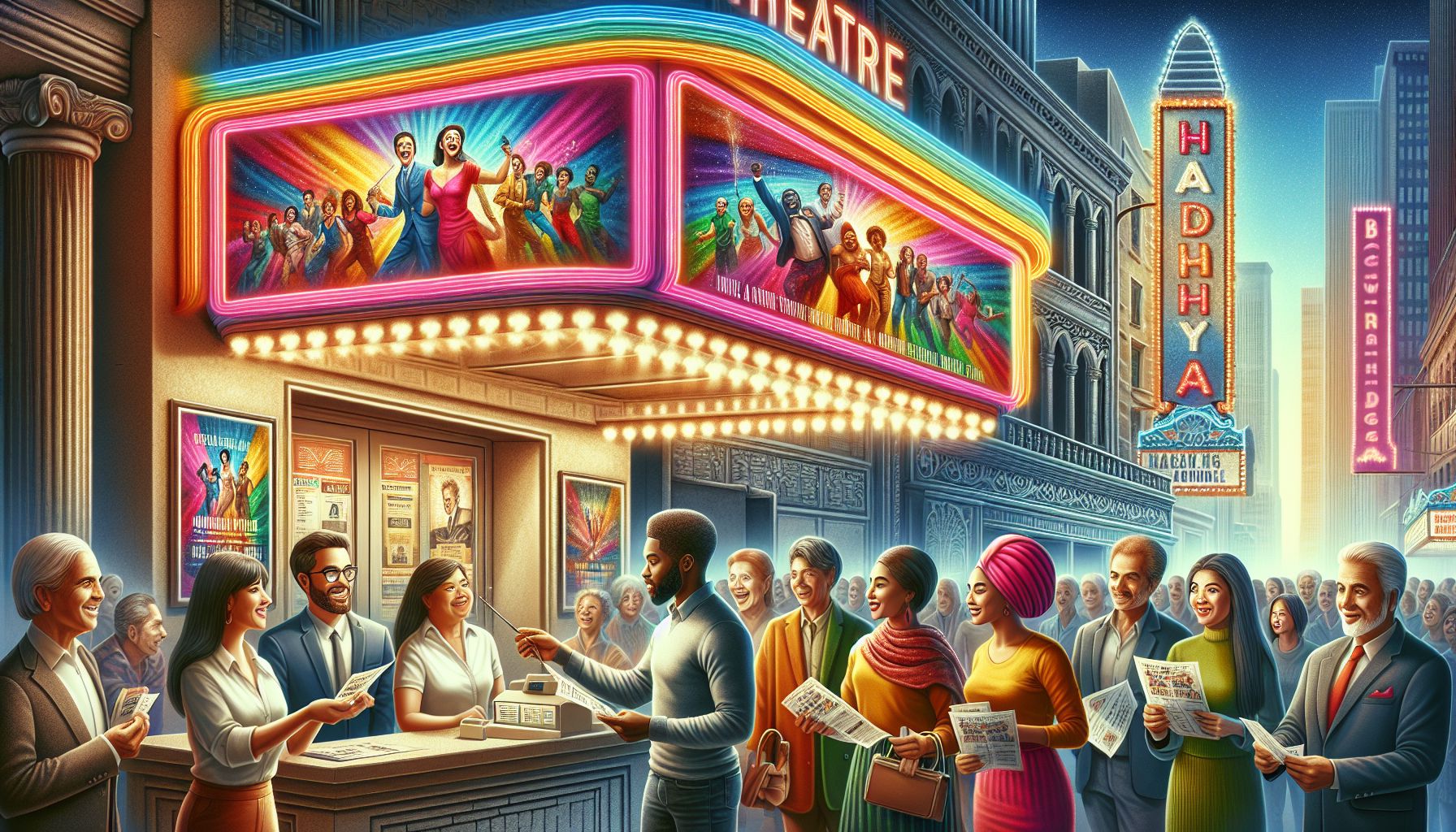Image Source: Pixabay
Welcome to the world of entertainment, where magical stories come to life on stage, and thrills and emotions transport us to another realm. Theatre has always been a cornerstone of our cultural heritage, providing an avenue for artistic expression and enjoyment throughout the ages. For both theatre owners and visitors, understanding the dynamics of the entertainment business is crucial to ensuring a vibrant and prosperous industry. In this article, we will dive into the evolving nature of the entertainment business and discuss key considerations for both theatre owners and visitors.
The Changing Landscape of Theatre
Gone are the days when a trip to the theatre meant only watching a live performance in a beautifully adorned auditorium. In today’s fast-paced digital era, both theatre owners and visitors need to adapt to meet the changing demands of audiences. The key to success now lies in diversification and embracing modern technology.
For Theatre Owners: Embrace Technology and Innovation
To flourish in the entertainment business, theatre owners must recognize the potential that technology holds. Online ticketing platforms have become a necessity, offering convenience and accessibility to both local and global audiences. Embracing these platforms not only simplifies the ticketing process for visitors but also maximizes revenue potential.
Moreover, it is vital for theatre owners to leverage social media and digital marketing strategies. Establishing a strong online presence through engaging content, live streaming, and interactive promotions can attract a wider audience and build a loyal community. Collaborating with influencers and reaching out to bloggers and media outlets can amplify awareness, ensuring a steady flow of visitors.
Lastly, consider the power of experiential theatre. Immersive productions, interactive experiences, and the integration of cutting-edge technology can create memorable moments for audiences. Take advantage of augmented reality, virtual reality, and interactive installations to captivate and engage visitors in entirely new ways.
For Visitors: A Personalized and Immersive Experience
As a visitor to the theatre, your expectations may have evolved. Beyond the traditional ambiance and live performances, you now seek a more personal and immersive experience. Fortunately, theatre owners are responding to these changing preferences.
Adapting to the needs of modern audiences, many theatres now offer VIP packages, backstage tours, meet-and-greet opportunities with the cast, and even personalized merchandise. These offerings allow visitors to feel connected to the performance on a deeper level.
Moreover, the resurging popularity of immersive theatre experiences brings storytelling to life in unexpected and exciting ways. From site-specific performances to immersive installations, these experiences blur the boundaries between audience and performer, enveloping you in a world of wonder.
Sustainability and Social Responsibility: A Shared Obligation
In today’s global climate, sustainability and social responsibility have become pressing concerns. Both theatre owners and visitors have a role to play in ensuring that the entertainment business aligns with these values.
Theatre owners can adopt eco-friendly practices, such as implementing energy-efficient technologies and reducing waste. Partnering with local communities, supporting budding artists, and staging productions that raise awareness of social issues can also contribute to a more responsible and inclusive theatre industry.
As visitors, you can play your part by attending performances that promote sustainability or have a social impact. By choosing to support environmentally conscious shows and initiatives, you encourage the development of a more sustainable entertainment business.
Conclusion: Thriving in the Ever-changing Entertainment Business
The world of theatre is as enchanting as ever, but the dynamics of the entertainment business continue to evolve. Theatre owners must embrace innovation and technology, diversify their offerings, and create memorable experiences. Visitors, in turn, seek a personalized and immersive experience, while also playing a role in championing sustainability and social responsibility.
By understanding these key considerations, both theatre owners and visitors can contribute to a thriving and prosperous entertainment industry. Let us come together, share our collective passion, and ensure that the magic of theatre remains a vital part of our lives for generations to come.
Read more fascinating insights and stay updated with the latest trends in the entertainment business by subscribing to our newsletter.
As the entertainment business continues to evolve, theatre owners and visitors alike must adapt to changing demands and expectations. Technological advancements, immersive experiences, and sustainability initiatives are now integral to the success and growth of the industry. By embracing these transformations, both theatre owners and visitors can ensure a thriving future for the magical world of theatre.
